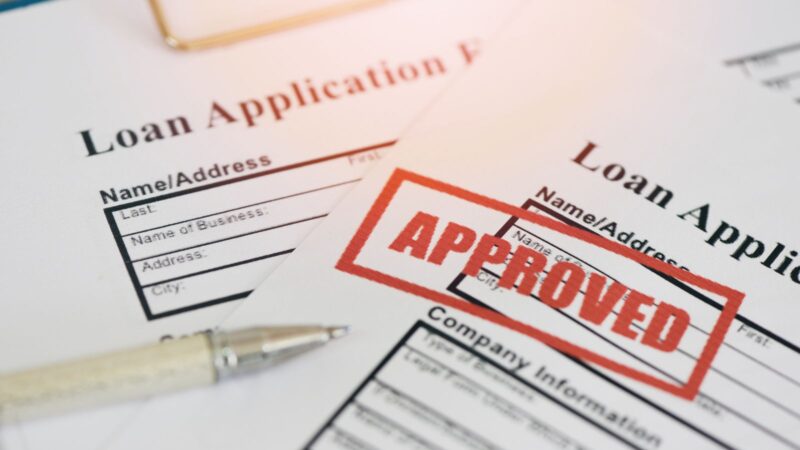Millennials have faced unique financial challenges that have made homeownership seem out of reach for many. Securing a mortgage can be a daunting process between student loan debt, rising home prices, and a competitive job market. However, Federal Housing Administration (FHA) loans have emerged as an accessible and affordable option for many millennials looking to buy their first home. With lower down payment requirements and more flexible credit score standards, these loans offer an alternative to traditional financing.
One key advantage of FHA loans is their refinancing options, which allow homeowners to take advantage of lower interest rates when available. Many first-time buyers wonder how soon can you refinance a fha loan, as they look for ways to reduce monthly mortgage payments. This flexibility makes FHA loans a practical choice, especially for millennials who may need to adjust their financial plans after purchasing a home.
Why Fha Loans Work For Millennials
Younger homebuyers seek FHA loans over conventional loans because they need only a 3.5% down payment instead of the typical 20% traditional requirement. The high costs of living alongside student loan responsibilities make it difficult for millennials to accumulate enough money for a house down payment. Because of its minimal entry requirements, FHA loans create pathways for more people to become homeowners.

The FHA loan program features special provisions for borrowers with average credit scores. An FHA loan offers an opportunity to secure financing with minimal down payment requirements for borrowers who maintain scores above 580 despite standard lenders needing 700+ credit scores for preferred loan terms. Younger people who lack an entire credit history and have experienced past financial errors can benefit from this advantage because they become eligible for FHA loans.
FHA loans allow borrowers to qualify through higher debt-to-income (DTI) ratios. The ability to obtain mortgages with higher debt-to-income ratios based on FHA loans enables more millennial homebuyers to get approved for financing despite their student loan and other financial obligations. The expensive nature of real estate markets requires these mortgage options because standard homes can be costly.
Overcoming Homebuying Barriers With Fha Loans
The high costs of homeownership create the most significant challenge for millennials who want to enter the housing market. The ongoing increase in home prices creates a substantial financial barrier that makes mortgage approval nearly impossible for average earners. FHA loans help homebuyers overcome financing barriers through their flexible qualification standards, which allow for reduced upfront expenses and affordable monthly payments.
The underwriting requirements of FHA loans are less demanding, so lenders show greater willingness to approve mortgage applications from individuals who do not satisfy conventional loan criteria. Millennials can access mortgage opportunities through FHA loans even if they follow non-traditional employment patterns or work in unstable income sectors. FHA loans deliver practical solutions for modern workers by adapting their qualification criteria to fit various employment patterns.
The primary benefit of FHA loans includes letting family members help borrowers with loan expenses. Millennials who get financial support from their relatives for their house purchase can put that money toward their down payment and closing expenses. The program offers significant advantages to individuals whose financial savings are limited by high living costs and student debt responsibilities.
The Long-Term Value Of Fha Loans
The advantages of FHA loans are that they help people get into homes, but those benefits continue throughout homeownership. Homeowners use refinancing to obtain improved loan terms, among the many benefits of this process. When homeowners establish sufficient home equity or improve their financial standing, they can exchange their FHA loan for a conventional mortgage, which often removes mortgage insurance premiums while decreasing their interest costs.

The assumable feature of FHA loans enables future homebuyers to inherit the existing FHA mortgage at its present interest rate. A home backed by an assumable FHA loan becomes highly desirable during high interest rates, attracting potential buyers.
The FHA provides specialized renovation financing through the FHA 203(k) loan program that enables homebuyers to combine their mortgage payment with renovation expenses in one loan. Older homes requiring renovations attract millennial buyers because this option allows them to purchase property without immediate renovation funds.
Making Homeownership Possible
The FHA loan system presents an accessible pathway to homeownership for millennials who face financial limitations. FHA loans facilitate young buyers’ entry into the housing market through their combination of reduced down payment requirements and adaptable credit guidelines and refinancing possibilities. Through strategic planning and understanding future advantages, millennials can benefit from utilizing this financing method to grow their real estate wealth.
People who fail to qualify for standard mortgages should consider FHA loans because they provide the essential path to homeownership. Successful financial planning enables millennials to make their home ownership dreams come true.

